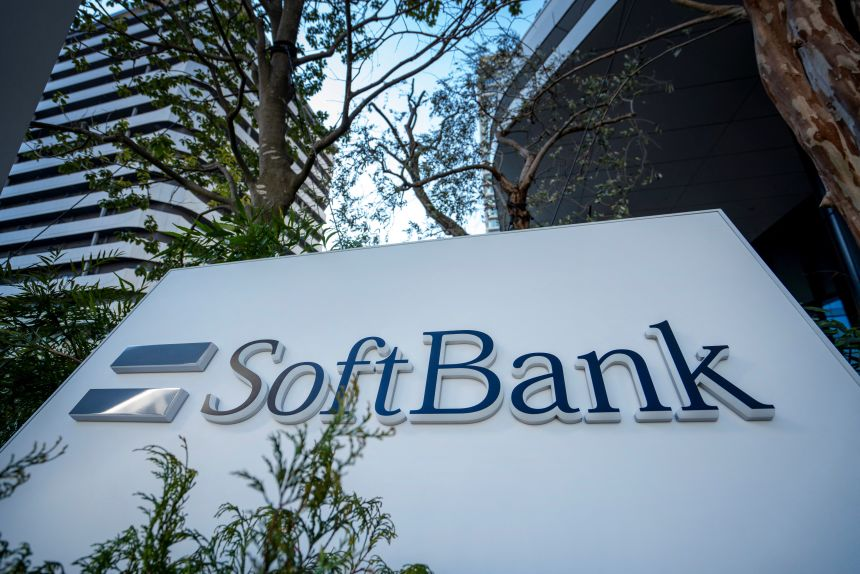Softbank makes pivotal investment into Intel to save company from financial failure
- Alexangel Ventura

- Aug 19, 2025
- 2 min read
Japanese company SoftBank Group made a pivotal $2 billion equity investment into American semiconductor company Intel as it aims to increase its grip over the American market while also making a last-minute effort to saving Intel from financial disaster.

SoftBank, founded in 1981 by Masayoshi Son, has been primarily known for decades for its investments in technology, telecom, and innovation-driven companies. Son specifically has been one of the most well known tech investors in Japan for his high-risk and bold bets.
The company often buys equity stakes in companies to influence strategy or to gain exposure to cutting-edge technology from foreign markets while also growing its market share globally. It currently holds large stakes over ARM Holdings, Alibaba, Slack, DoorDash, and Coupang. Many of these companies have been held through SoftBank's "Vision Fund."
In January 2025, SoftBank teamed up with Oracle and OpenAI in the Stargate Project, a $500 billion initiative aimed at developing artificial intelligence infrastructure across the United States, with 100,000 jobs expected to be created by 2029.
Its pivotal purchase of a substantial amount of Intel shares, however, was far more bold than some of its previous investments. Son emphasized the strategic importance of boosting U.S. semiconductor capabilities through Intel, though he does not mention the predisposed chips dominance of Nvidia and BroadCom.
The sale would include SoftBank purchasing Intel shares for $23 each, which would immediately make it a member of Intel's top ten shareholders.
Intel CEO Lip-Bu Tan, who has recently tried to consolidate Intel's capital into developing competitive semiconductor technology, welcomed the investment with open arms as it plays an important role in its campaign to raise funds for innovation.
Intel (INTC) shares rose by nearly 7% midday Tuesday as investors interpret the sale as a sign of strength for the company.
Intel shares previously collapsed as the company repeatedly through weak earnings reports showed that it has been outcompeted by other American semiconductor makers, and has faced recent pressures to undergo an internal breakup.









